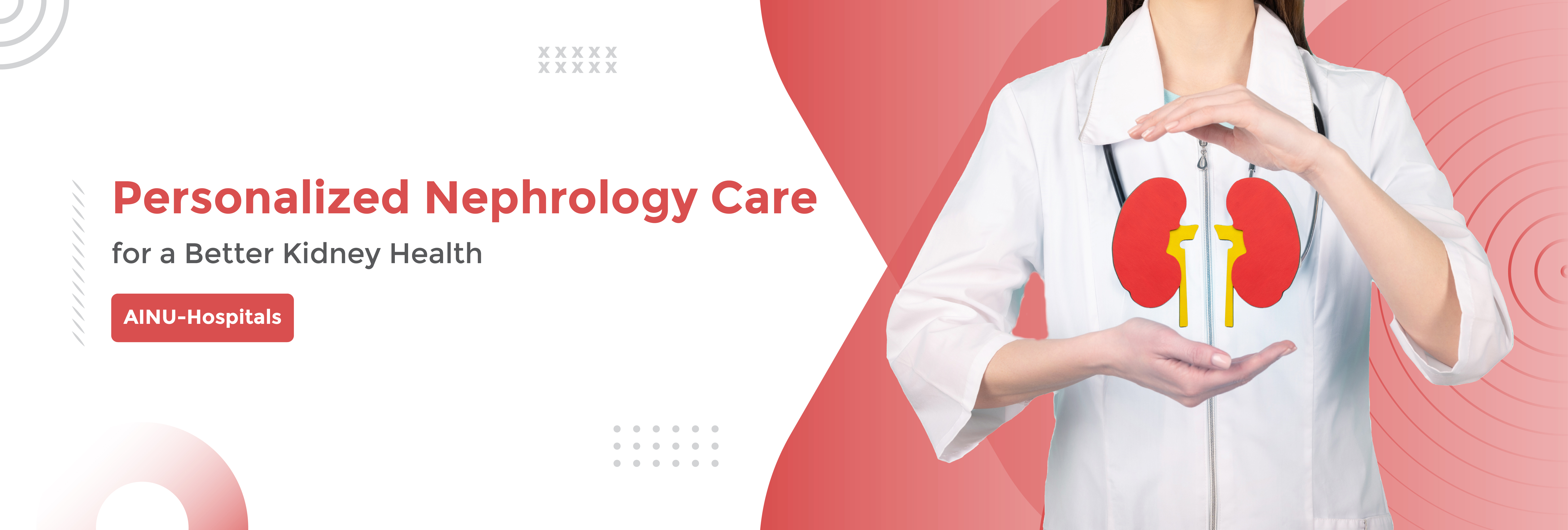Department of Nephrology
The department of nephrology at AINU is supported by accomplished, experienced nephrologists who perform Kidney biopsy, SLED, Plasmapheresis, Hemodiafiltration. We perform Kidney transplants also. AINU offers Hemodialysis and Plasma Dialysis (Plasmapheresis). We have catheterization laboratories.
The key conditions in a patient with a nephro disorder are








